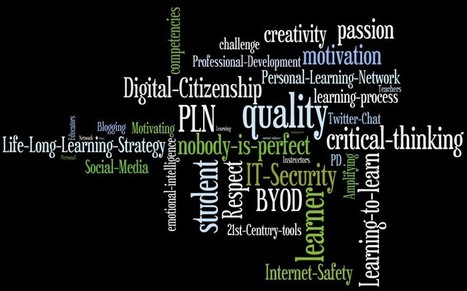Efficiency is very often confused with effectiveness. In general, efficiency is a measurable concept, quantitatively determined by the ratio of useful output to total input. Effectiveness is the simpler concept of being able to achieve a desired result, which can be expressed quantitatively but doesn't usually require more complicated mathematics than addition.
Efficiency can often be expressed as a percentage of the result that could ideally be expected, for example if no energy were lost due to friction or other causes, in which case 100% of fuel or other input would be used to produce the desired result. This does not always apply, not even in all cases in which efficiency can be assigned a numerical value, e.g. not for specific impulse.
Learn more / En savoir plus / Mehr erfahren:
http://www.scoop.it/t/21st-century-learning-and-teaching/?&tag=efficient+competitive+intelligence
Via
Gust MEES



 Your new post is loading...
Your new post is loading...












